Farm Service Centers
Over 200 Farm Service Centers established across seven countries in Africa, Asia, and Europe.
About Farm Service Centers
Farm Service Centers (FSCs) are one-stop shops retailing a complete range of inputs, services, information, finance, technology, and market connections that help farmers participate in market-driven agricultural economies and move from small-scale to commercial farm production. CNFA partners with public and private sector stakeholders to develop FSCs, with the shared objective of building sustainable and resilient market systems, empowering farmers to improve their incomes and livelihoods and strengthening local food systems and security.
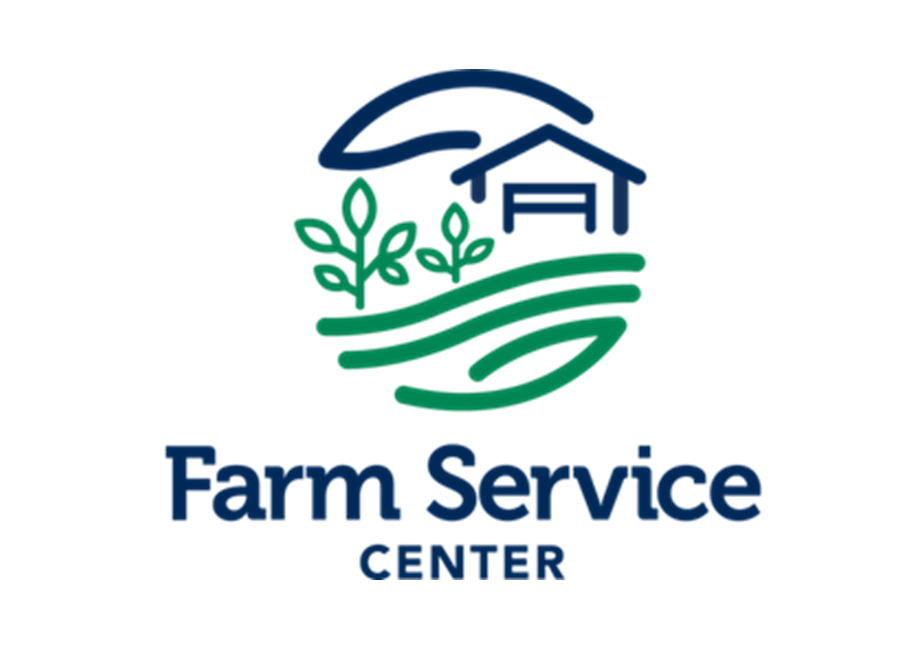
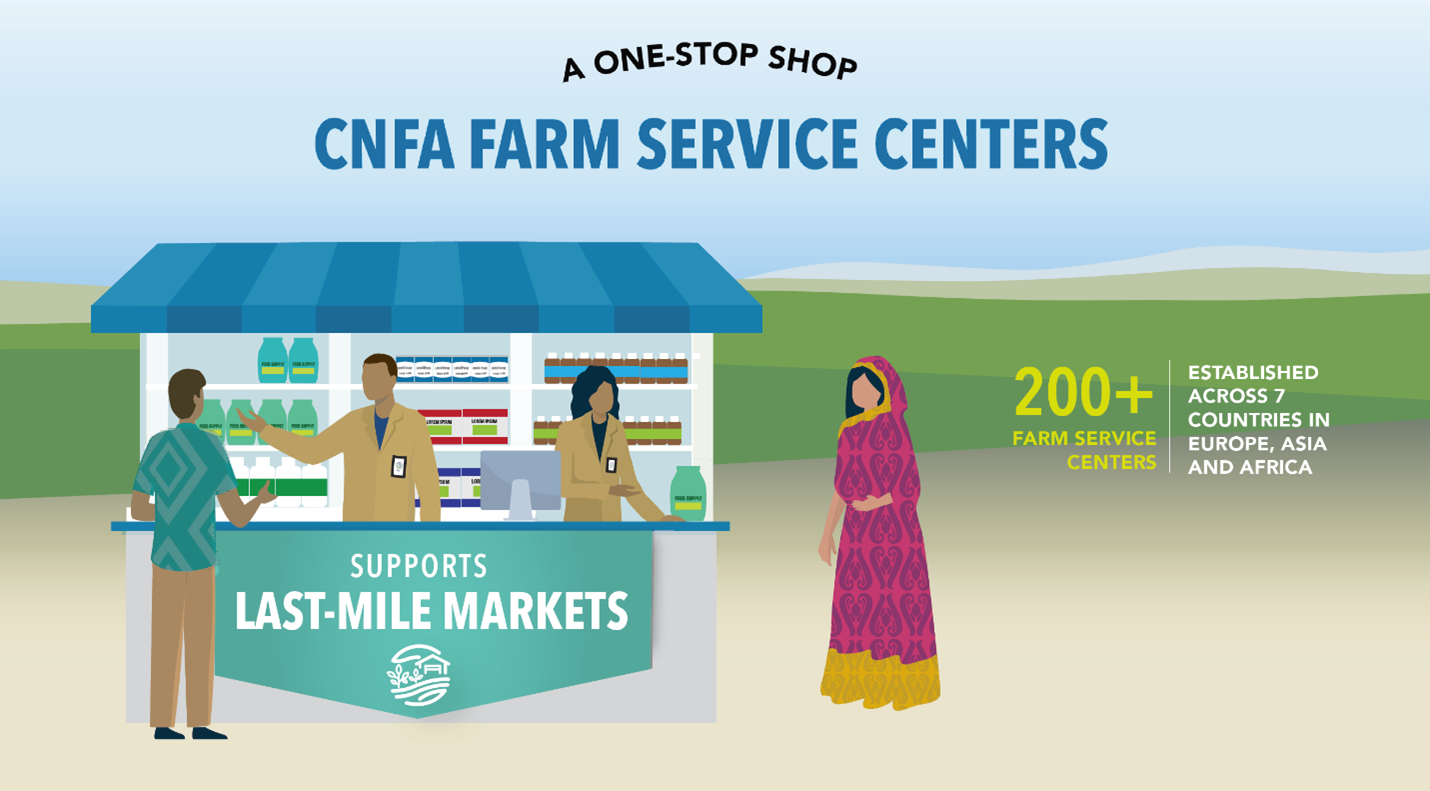
Approach
A market-oriented, private sector solution, Farm Service Centers (FSCs) are sustainable agribusinesses with a proven record of profitability that fill critical regional gaps in the input and service needs of smallholder farmers.
FSCs reach last-mile markets where quality inputs and services are often inaccessible. Each FSC is tailored to the specific needs of local farming communities and ensures that farmers have access to the tools and knowledge necessary to grow their agricultural business and successfully integrate into the market system.

Inputs and Services
- Extension services such as demonstrations, training, agronomy and veterinary expertise
- Machinery services and technologies for rent
- High-quality inputs that are standardized and affordable
- Distribution partners who are reliable and professional
- Reliable information related to markets, weather, and pest management
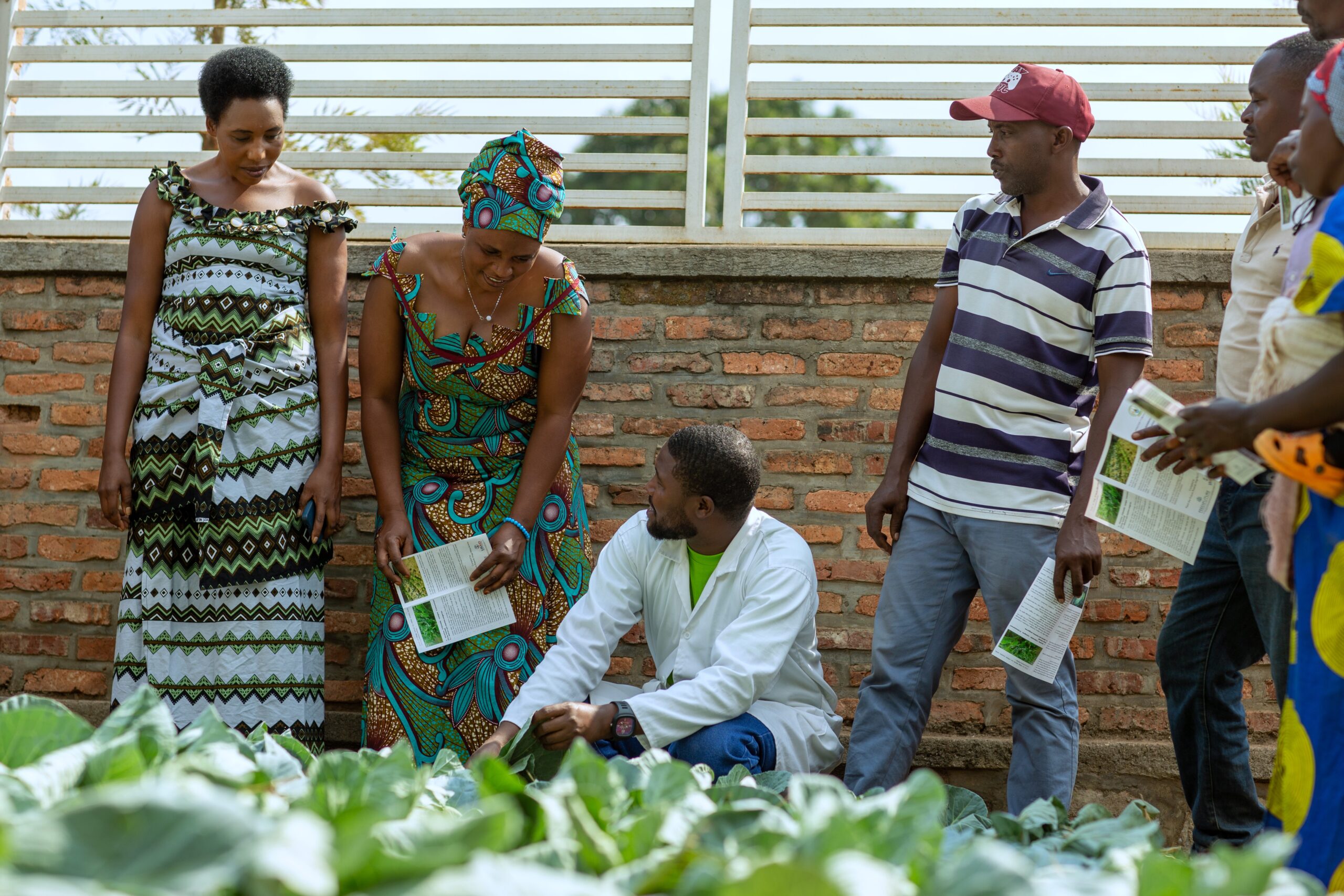
What We Provide
- We set our Farm Service Centers (FSCs) up for long-term success through rigorous FSC development, which identifies and addresses market system gaps and opportunities related to provision of agricultural inputs and services. This flexible solution reaches rural, last-mile markets and helps farmers increase sustainable production and inclusion in competitive markets, while simultaneously earning higher incomes and contributing toward food security. FSCs are trustworthy enterprises that earn repeat customers through a commitment to both high-quality products and services.
- FSCs are highly adaptable and scalable to any region or country where significant numbers of smallholder farmers exist. Through a formal market analysis of inputs and services and extensive community outreach, we present the FSC business opportunity to local entrepreneurs and investors and then form partnerships to build FSC businesses. While FSCs have shared attributes such as business integrity, branding, and diversified products and services—each store has offerings that are unique to the farming systems they support, including: output marketing, machinery services, specialized crops and livestock, market and weather information, etc.
- We develop FSC networks with a formal coordinating body or “apex” organization, allowing stores to share knowledge, negotiate competitive prices, and unite through a commitment to smallholder farmers and a common, reliable brand.
- FSCs and their staff receive training on businesses management, marketing, financial management and record keeping, health and safety, customer service, and technical agricultural practices. This critical training component fosters sustainable commercial relationships between retailers and their farmer clients, resulting in higher sales, increased job opportunities, improved farm production and yields, and stronger agricultural extension services.
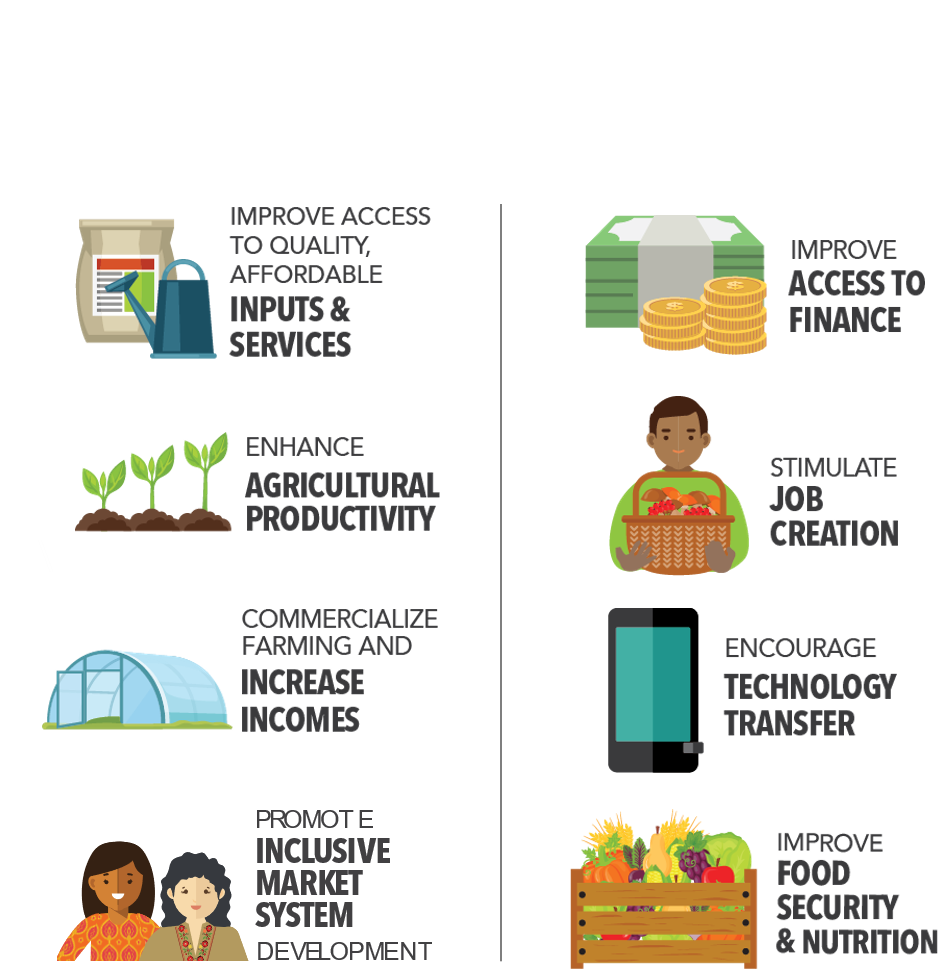
Where We Work
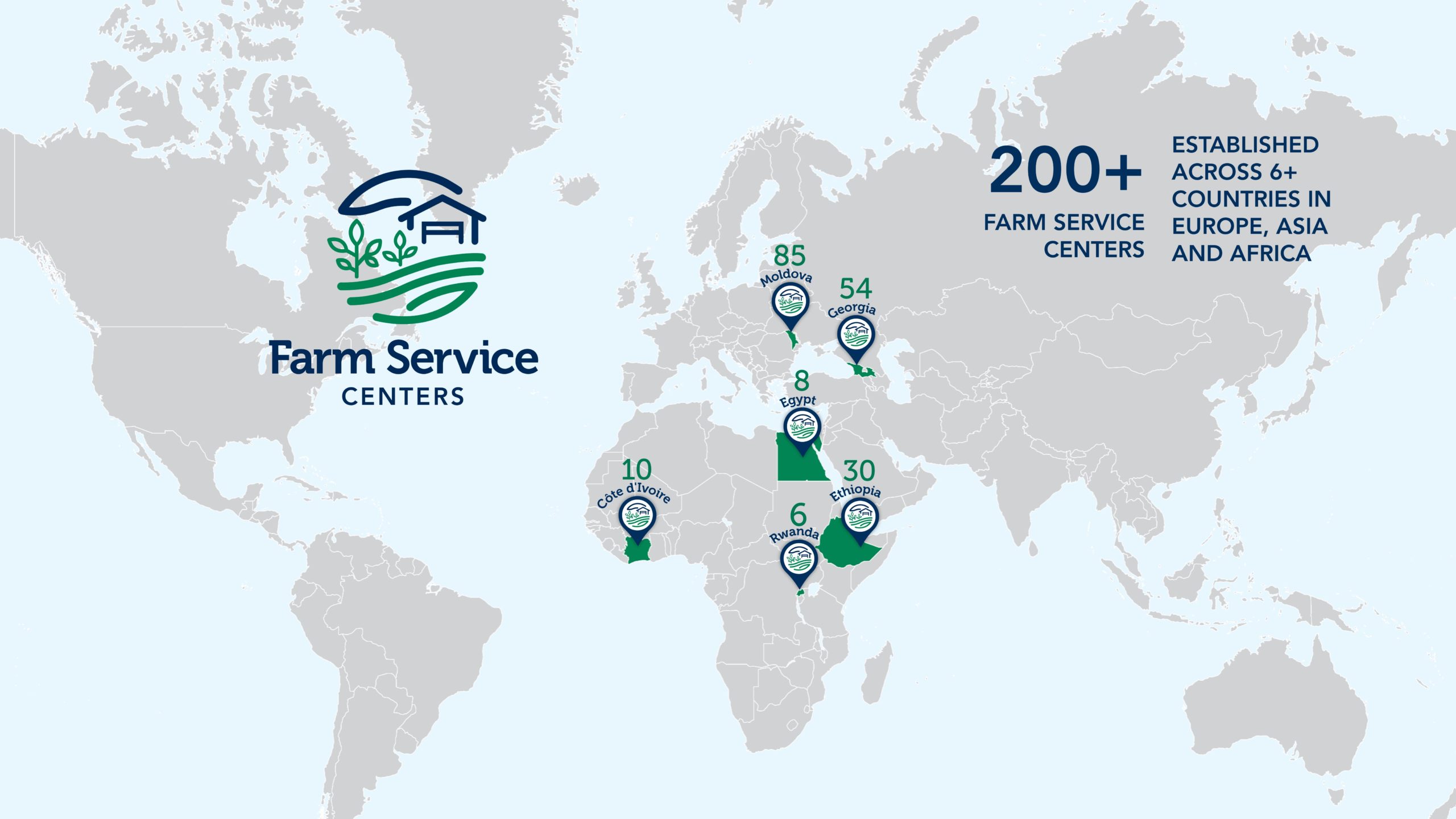
Impact By Country
Ethiopia
- Developed 30 FSCs
- Managed 3 projects totaling $3.6M
- Supported 150,000+ farmers
- Facilitated $4.8M+ in FSC investment and sales
- Established 1 APEX network
- USAID Commercial Farm Service Program (CFSP) (2012-2014) – Funded by USAID’s Innovation Fund for Ethiopian Agriculture, the $1.9M CFSP adapted our Farm Service Center (FSC) solution to the Ethiopian context for the first time. Throughout the life of the project, CFSP created a network of six FSCs which generated $3.2M in sales of quality inputs and attracted a client base of about 30,000 smallholder farmers who realized increased production and sales from use of high-quality inputs and services.
- Feed the Future Ethiopia Farm Service Center Project (2015-2017) – A follow-on to the successful CFSP, this $2.9M project supported the Ethiopian Agricultural Transformation Agency in establishing 19 FSCs throughout the Amhara; Oromia; Southern Nations, Nationalities and People’s Region (SNNPR); and Tigray regions of Ethiopia. The project facilitated $1.4M in investment for Ethiopia’s private input supply network and resulted in 100,000 farmers applying new innovative technologies, increasing productivity, incomes, and food security for thousands of smallholder farmers in the region.
- Green Innovation Centers for the Agriculture and Food Sector in Ethiopia (GIAF-Ethiopia) (2015-2018) – The $1.2M GIAF project, funded by GIZ, built on the work of the CFSP and Feed the Future Ethiopia Farm Service Center Project by establishing an additional five FSCs in Hitosa, Lude Hitosa, Arsi Robe, Digalu Tijo, and Tiyo. GIAF bolstered the role of the private sector in agriculture and linked smallholder farmers in Ethiopia’s Arsi zone to high-quality agricultural inputs and extension services, with a focus on the wheat and faba bean value chains. By the end of the project, GIAF leveraged 160,400 euros in private sector investment, produced €377.411€377377.41 euros in FSC sales and served 25,000 farmers.
Georgia
- Developed 54 FSCs
- Managed 3 projects totaling $44.6M
- Created over 4,800 new jobs
- Stimulated $19.5M in sales
- Partnered with 2,300+ CNFA Farmer-to-Farmer volunteers
- Access to Mechanization Project (AMP) (2009 to 2012) – AMP was a $5.1M project that addressed the regional need for affordable agricultural machinery, training, and repair services using a commercially-sustainable, market-oriented methodology for the development of 12 Machinery Service Centers (MSCs), a machinery-focused iteration of the Farm Service Center. AMP also leveraged the expertise of our Farmer-to-Farmer volunteers to train MSC owners and staff in business, financial, and environmental management and marketing, who subsequently trained 2,318 farmers. AMP created 195 new jobs in the agricultural sector and generated $1.8M in sales of services to farmers.
- Agribusiness Development Activity (ADA) (2006 to 2010) – ADA was a $20M activity funded as part of a compact between the Georgian government and the Millennium Challenge Corporation to catalyze local matching investments from Georgian partner enterprises and farmers, facilitate stronger market linkages, and provide farmers with reliable sources of inputs and methods to market their products. Through the Activity’s grants and FSCs, ADA increased access to innovative agricultural production technology, inputs, quality control practices, and output marketing. By the end of the Activity, ADA FSCs produced $11.2M in sales from more than 100,000 clients.
- USAID/Georgia Restoring Efficiency to Agriculture Production (REAP) (2013-2018) – REAP was a $19.5M project funded by USAID and implemented by CNFA to increase incomes and employment in rural areas by delivering investment and technical assistance to expand the operations of smallholder farmers and rural enterprises. REAP facilitated commercially sustainable linkages between input supply centers like FSCs and MSCs to provide farmers with quality agricultural inputs and services. It also stimulated over $37.5M in private investment to create over 2,000 new rural jobs, train over 200,000 smallholders, provide over $18M in new cash markets, and generate over $182M in new sales.
Moldova
- Developed 85 FSCs
- Supported 1.3M+ farmers
- Created 760 new jobs
- Stimulated $9M in sales
- Established 1 APEX network
USAID Farm Store Program (1999 – 2002) – Funded by USAID, this program was the first to pilot Farm Service Centers, creating 85 FSCs by using matching grants to scale up and transform the operations of local agribusiness partners into FSCs with consistent branding and layouts. The Program successfully set up 85 FSCs to provide farmers with access to high-quality agricultural inputs and services such as seeds, fertilizers, crop protection products, veterinary services, and mechanized farm services. It also trained 200 FSC managers and staff in topics such as accounting, inventory management, marketing basics, and new agronomic and veterinary technologies. Fifteen of the new FSCs joined together to found the Agrostoc Input Supply Cooperative, which connects stores to high quality seed, fertilizer, and pesticide supply companies in Germany, the UK, Israel, Holland, USA, Ukraine, and Russia and offers services such as social testing and agronomic consulting for free or reduced prices. Agrostoc is one of the most successful cooperatives in Moldova, with an annual sales increase from $343,000 in 2001 to $47,300,000 in 2019. Over its lifecycle, the Program also created more than 760 new jobs and increased the incomes of farmers served by FSCs by 15-20%.
Partner With Us
Interested in partnering with us to develop a Farm Service Center network? Contact us at info@cnfa.org.
If you are an FSC owner or staff member and would like to access resources and trainings to promote your FSC, downloadable resources will be coming soon!
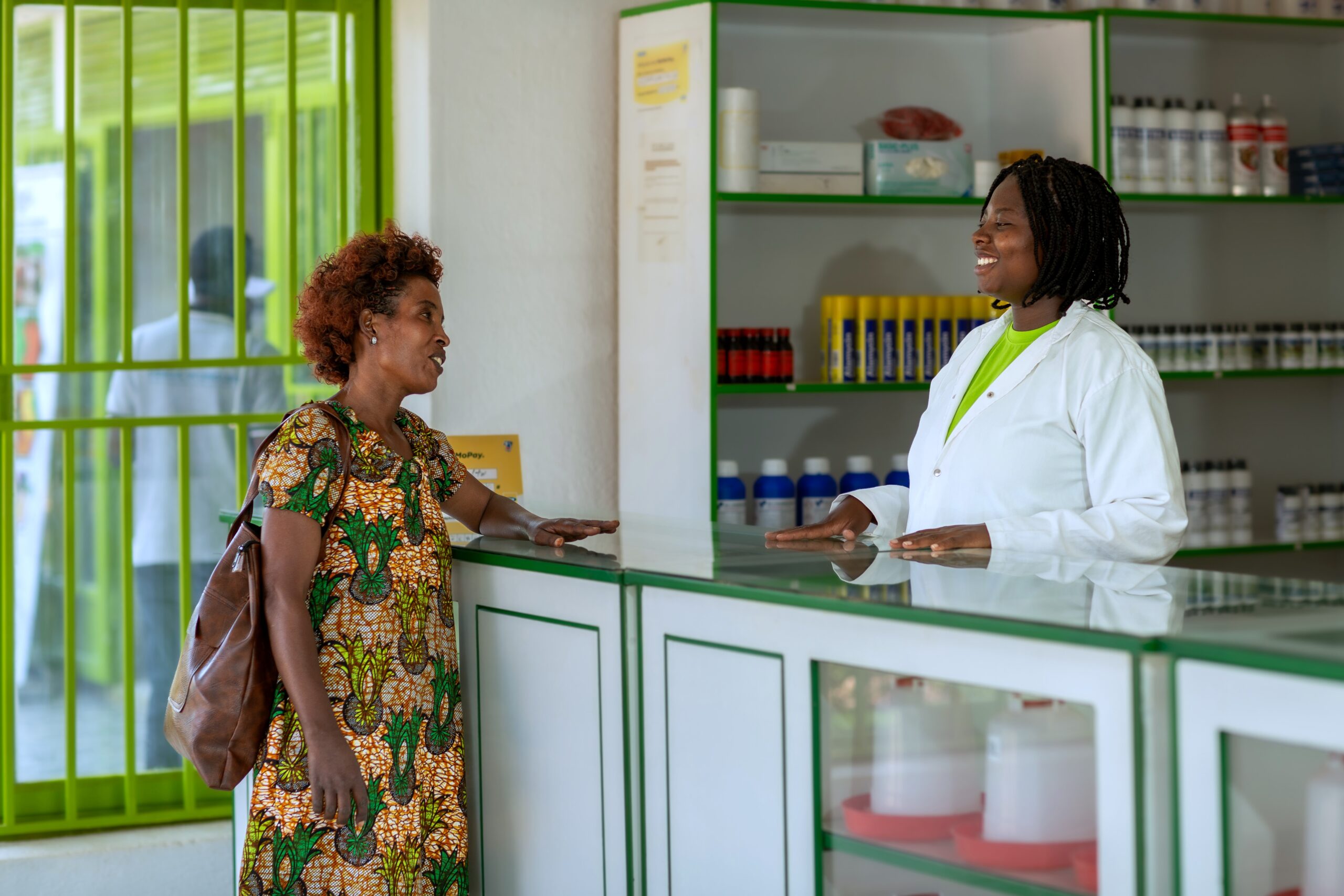
Learn more
Download the infographic below to learn more about Farm Service Centers